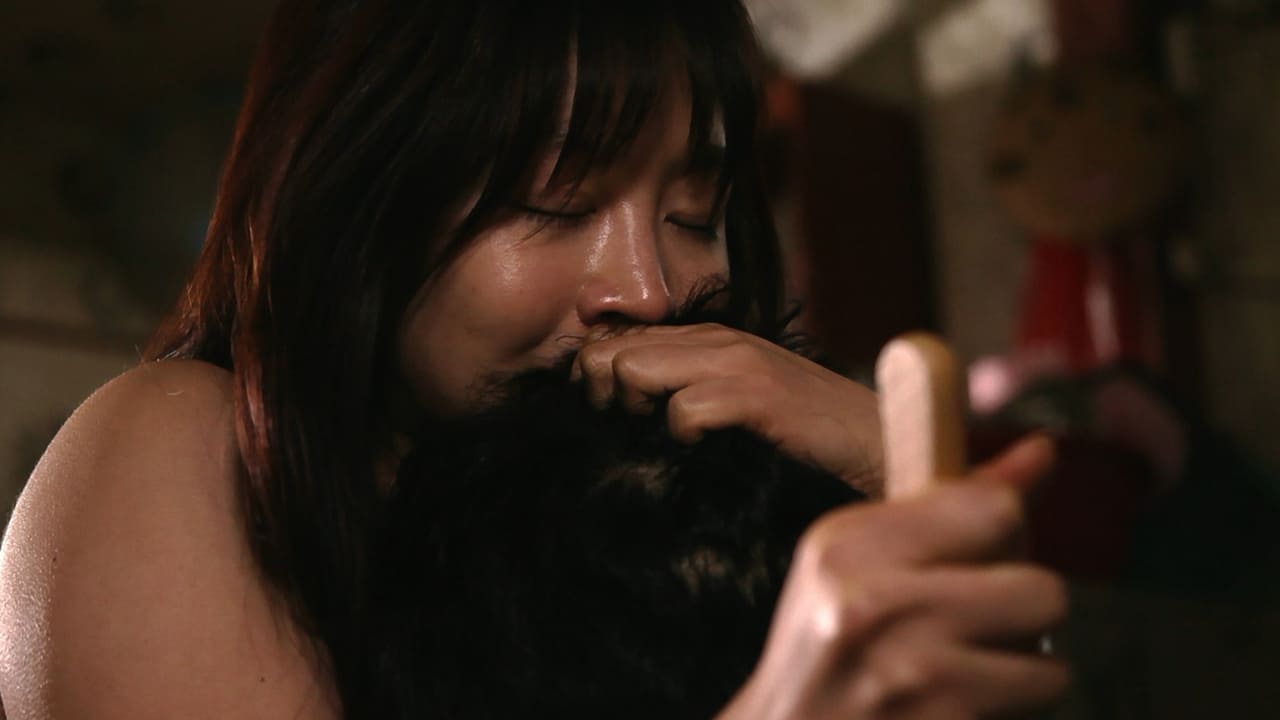

I had this movie on my computer for more than two years, didn't think about watching it. Today when I was about to delete it, I thought, why not take a fast forward look before removing permanently, so I watched a few scenes from here and there and closed the player. After closing the player I realised I must watch it and started to watch it from the beginning. After watching it I thought, how did I miss it? It is like million dollar diamond lying on the floor and I have not noticed it in more than two years. I would like to say that I am grateful to all the four main actors, director, producer and all the staffs for their dedicated work. Mr. Ki-duk Kim, Sir I'm grateful to you for depicting this subject from such a different perspective that I think no religious script can ever do.
... View MoreThis movie is about penises getting chopped off and the aftermath therein. It is the epitome of a psycho-sexual thriller and it has all the Freudian trappings: castration anxiety, Oedipal anxiety, incest, impotence, masochism, phallocentrism, rape ad nauseum.The primary theme of the film is a phallocentric look at emasculation. However, this does not necessarily make it a misogynistic film. Indeed, through its phallocentrism it reveals maleness to be much more infantile (there's Freud again) than it may intuitively seem.A father cares about his son's sexuality and his safety. However, he is emasculated by the act of his son's emasculation (by the Oedipal matriarch). The gun he uses to sympathize with his son is also a phallic symbol and the blood splatters he spares his son are the final orgasm. The Oedipal complex is in full effect here, even before it is revealed that once the son regains his sexuality he can only be made potent by the one who robbed him of it in the first place.There is a woman in the film who represents the interloper into the family unit. Ironically, the interloper in the relationship between the father and son is not the mother, but the woman who represents the pure sexuality of the other. This also reveals to us a life lesson: We can't always love the one we screw, and we can't always screw the one we love. This is a tragic dichotomy that punctuates this Shakespearian tragedy of a film.There is finally the Buddhist redemption from the Western, Freudian pathology. Elimination of suffering is to be found, not in the pursuit of pleasure or passion, but in indifference to both pleasure and pain. Masochism and hedonism are two sides of the same coin and reality is to be found, not in a Jungian choice between love or fear (or the Freudian sex or death), but in the middle path: indifference. To not care is to become enlightened.
... View MoreIf you haven't read about it already, there is no audible dialog in the movie. There is sound, you hear actors breathing, you hear them when they are in pain or pleasure. But other than that, this is almost like a silent movie. Does it work? You bet it does! It's not about losing ones voice though (it never is something that is touched upon during the movie, it just happens), it is about much more.The fact that it is obsessed with pleasure, is just a metaphor. A metaphor for what people are looking for in life. It is not about repeating one self (although at times it might seem that way), but to further go down that rabbit hole. Kim Ki Duk is known to make strange movies. Now he has gone to the experimental stage ... rejoice or run for cover
... View MoreMost directors become less experimental or transgressive once they've made a name for themselves. Kim Ki-duk is one of the most notable exceptions. Being Korea's most notorious film maker isn't an easy accomplishment in the first place, given that no other country produces so many veritable authors of cinema. But being able to increase the radicality of one's cinematic language while maintaining the same themes is quite a feat indeed.Kim's Golden Lion-winning previous work 'Pieta' was already almost silent; with 'Moebius' he has not only succeeded in making an entertaining silent film which isn't a reminiscence of a bygone era, but actually managed to push the limits of film as a medium a bit further ahead. The closest film which could compare is 'Themroc', not just because there's no dialog apart from lascivious or painful grunts, but because it almost seems to be a parody of that film's social critique: 'Moebius' quite on the contrary admits to its own silliness.Many reviewers seem to take the symbols too seriously. The Buddha heads, knifes used for castration and masturbation and of course the body part which is the main plot device (as well as what the title may ironically refer to) - they may all mean something, but they certainly don't have to. There may be tons of allusions to Greek mythology, but it's entirely possible that this is just what you want - or do not want - to read into the film. If these metaphors were any clearer - then this would make 'Moebius' a lot less brilliant. I prefer to think that, as in many of Kim's previous films, it's the effect which is the meaning, and there's not much of a meaning hidden underneath the effect.Which is why I think of 'Moebius' as one of this year's very few 'must-sees' - unless one suffers from castration anxiety.
... View More